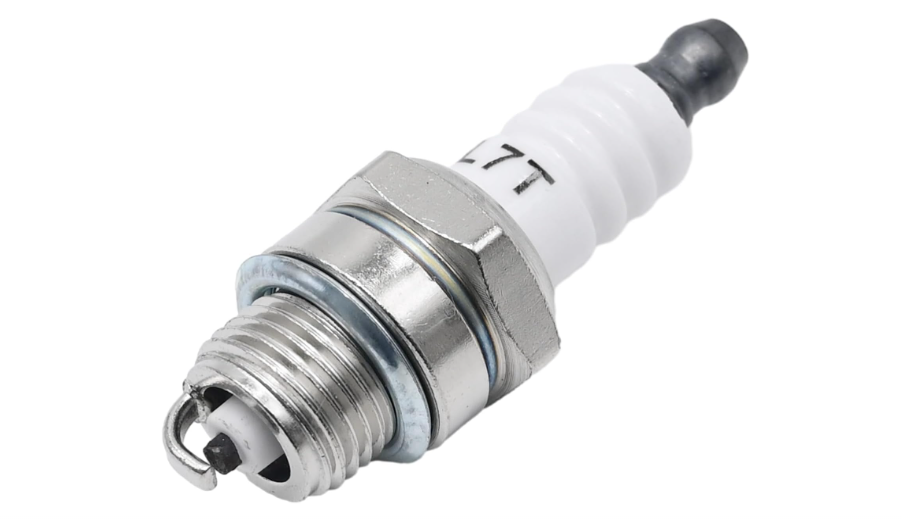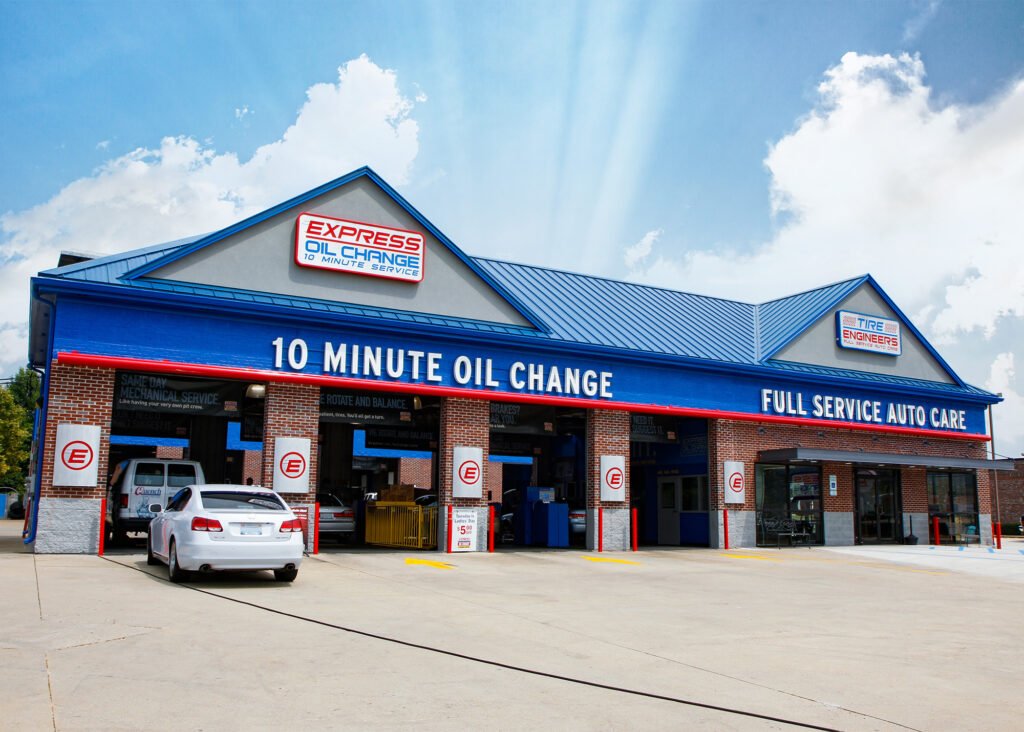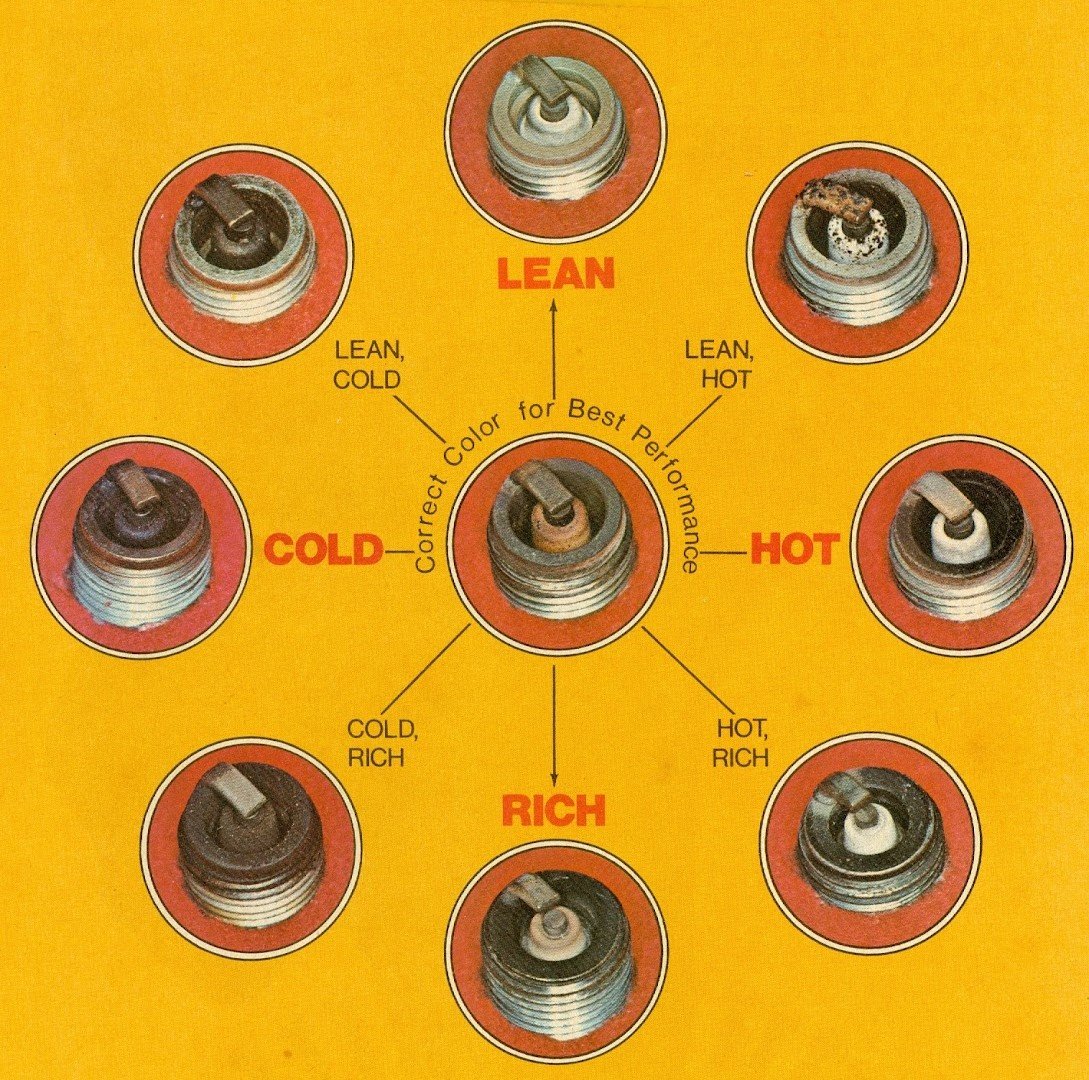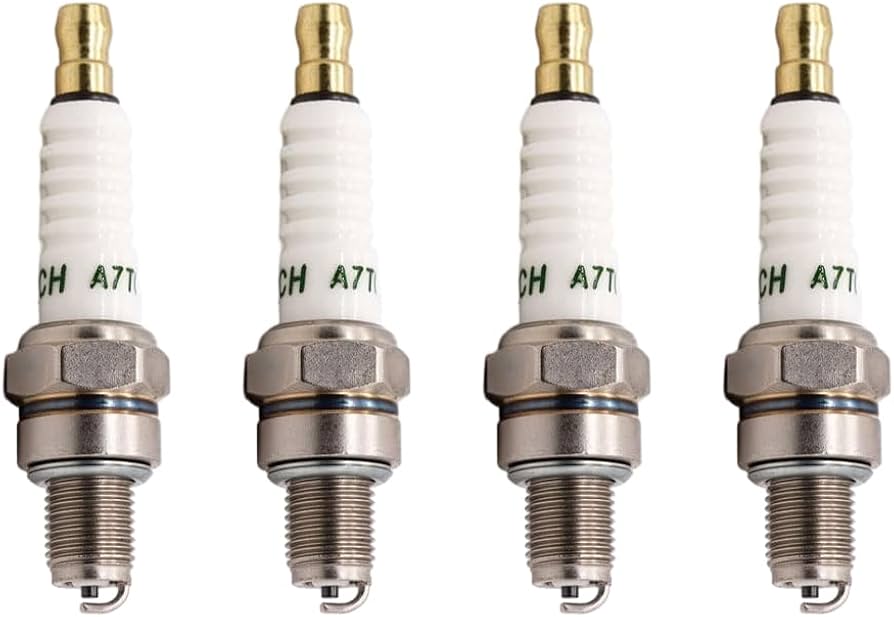Bosch R10 to NGK spark plug replacements include the NGK BP6ES and BPR6ES, which match the Bosch R10’s specifications for reliable engine performance. Ensure compatibility with your engine before replacing.
When it comes to maintaining the performance of your engine, one of the most crucial components to consider is the spark plug. Among the most popular spark plugs available on the market today are Bosch and NGK, two industry leaders known for their reliability and performance. If you’re considering replacing your Bosch R10 spark plug with an NGK alternative, you need to understand the specifications, compatibility, and installation procedures to ensure that your engine runs smoothly.
In this detailed guide, we will walk you through everything you need to know about the Bosch R10 to NGK spark plug transition, including key considerations, benefits, and the most common NGK equivalents for the Bosch R10. Whether you’re a beginner or an experienced DIY mechanic, this guide will provide you with all the information you need.
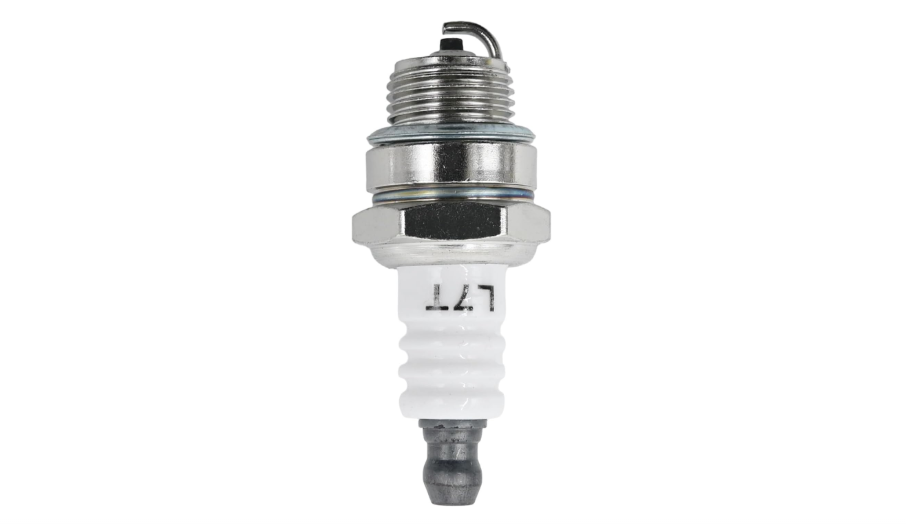
Contents
- 1 Bosch R10 and NGK Spark Plugs
- 2 What Makes Bosch R10 Spark Plugs Popular?
- 3 NGK Spark Plugs: A Trusted Brand for Engine Performance
- 4 Bosch R10 to NGK: Understanding the Cross-Reference
- 5 Key Considerations When Replacing Bosch R10 with NGK Spark Plugs
- 6 Benefits of Using NGK Spark Plugs
- 7 How to Install NGK Spark Plugs: A Step-by-Step Guide
- 8 Frequently Asked Questions
- 9 Conclusion
Bosch R10 and NGK Spark Plugs
Spark plugs are responsible for igniting the air-fuel mixture inside the combustion chamber, which powers the engine. When a spark plug malfunctions or wears out, the engine can experience misfires, poor fuel efficiency, and reduced power.
The Bosch R10 spark plug is commonly used in small engines, such as lawnmowers, chainsaws, and other outdoor power equipment. However, over time, you may need to replace it due to wear or damage. NGK spark plugs are widely regarded as reliable replacements, but there are several things to consider when selecting the right NGK equivalent. This guide will help you understand the differences, the benefits, and how to choose the perfect NGK spark plug for your needs.
What Makes Bosch R10 Spark Plugs Popular?
Bosch spark plugs, including the Bosch R10, are known for their superior quality and high-performance capabilities. These plugs are commonly used in small engine applications, offering consistent ignition performance and longevity. The Bosch R10 spark plug is often recommended for outdoor power equipment because it’s engineered for reliability in harsh conditions.
The Bosch R10’s specifications make it a popular choice among many small engine owners. It has a standard heat range, making it versatile for various engine types, and its robust construction allows for efficient fuel combustion, which helps improve engine power and efficiency. If you’re looking to replace your Bosch R10 spark plug, it’s essential to find an NGK equivalent that matches these specifications to maintain the performance of your engine.
NGK Spark Plugs: A Trusted Brand for Engine Performance
NGK spark plugs are another well-respected name in the world of engine maintenance. Founded in Japan, NGK has become one of the largest manufacturers of spark plugs globally. They are known for their high-quality materials and advanced technology that deliver outstanding performance. NGK spark plugs offer superior ignition, increased engine power, and better fuel efficiency.
There are several NGK spark plugs available that could be used as replacements for the Bosch R10. However, choosing the right one can be a bit tricky if you’re unfamiliar with the specifics of spark plug specifications. That’s why we’ve created this comprehensive guide to help you select the perfect NGK spark plug to replace your Bosch R10.
Bosch R10 to NGK: Understanding the Cross-Reference
When you need to replace your Bosch R10 spark plug with an NGK spark plug, it’s crucial to choose a spark plug that matches the Bosch R10’s specifications. Spark plugs are designed with particular features such as heat range, thread size, and electrode gap, all of which contribute to the proper functioning of your engine. Let’s break down the key specifications of the Bosch R10 and find its NGK equivalents.
Bosch R10 Spark Plug Specifications
Here are the key specifications of the Bosch R10 spark plug:
- Thread Size: 14mm
- Reach: 9.5mm (3/8″)
- Hex Size: 20.8mm (13/16″)
- Electrode Gap: Typically 0.5mm (0.020″) to 0.6mm (0.024″)
- Heat Range: Medium
- Resistor Type: Non-resistor (typically)
These specifications make the Bosch R10 a versatile spark plug, widely used for various small engine applications.
NGK Equivalents to Bosch R10
To replace a Bosch R10 spark plug, you need to find an NGK spark plug with matching specifications. Below are some of the most commonly recommended NGK spark plugs that serve as equivalents to the Bosch R10:
- NGK BP6ES: One of the most commonly used NGK spark plugs as a direct replacement for the Bosch R10. It offers a similar heat range and thread size.
- NGK BPR6ES: This NGK spark plug is very similar to the BP6ES, but with a projected insulator nose, which may offer slightly improved performance in specific engines.
- NGK BM6A: Another compatible option, though not as widely recommended as BP6ES or BPR6ES. It can be used in certain applications where the other options aren’t available.
Before making a purchase, it’s essential to verify that the chosen NGK spark plug matches all the specifications of your Bosch R10, including thread size, reach, and heat range.
Key Considerations When Replacing Bosch R10 with NGK Spark Plugs
When you switch from a Bosch R10 to an NGK spark plug, it’s important to pay attention to several factors to ensure compatibility and optimal performance. Below are some key considerations:
1. Heat Range Compatibility
The heat range of a spark plug is important for engine performance. A spark plug that is too cold can cause incomplete combustion, while one that is too hot can lead to pre-ignition and engine knocking. It’s important to match the heat range of the NGK spark plug to that of the Bosch R10. NGK spark plugs typically offer a range of heat levels to ensure compatibility with different engine types.
2. Electrode Gap
The gap between the center and side electrodes of the spark plug determines how the spark ignites the air-fuel mixture. If the gap is too wide or too narrow, it can lead to poor engine performance. When replacing your Bosch R10 with an NGK spark plug, ensure that the electrode gap matches the manufacturer’s recommended specifications for your engine.
3. Thread Size and Reach
It’s essential to ensure that the thread size and reach of the NGK spark plug match the Bosch R10. If the spark plug is too short or too long, it may cause damage to the engine. Additionally, the thread size must be correct to avoid misfiring and leaks.
4. Resistor Type
Some Bosch R10 spark plugs are non-resistor, meaning they don’t have a built-in resistor that reduces electromagnetic interference. If you are replacing a non-resistor Bosch R10, you should be aware that NGK offers both resistor and non-resistor spark plugs. Choosing the right type is essential for ensuring that your engine’s ignition system operates smoothly.
Benefits of Using NGK Spark Plugs
NGK spark plugs are known for their exceptional performance, and many engine owners prefer them over other brands. Here are some of the benefits of using NGK spark plugs:
1. Durability and Longevity
NGK spark plugs are made with high-quality materials that ensure durability and a long lifespan. They are resistant to wear and corrosion, making them a reliable choice for engine maintenance.
2. Improved Fuel Efficiency
NGK spark plugs offer better combustion efficiency, which helps optimize fuel consumption. As a result, engines running on NGK spark plugs often experience improved fuel efficiency and reduced emissions.
3. Enhanced Engine Performance
NGK spark plugs provide consistent and reliable ignition, which translates into smoother engine performance. With better ignition, you can expect improved throttle response, more power, and smoother operation.
How to Install NGK Spark Plugs: A Step-by-Step Guide
Installing NGK spark plugs is relatively straightforward, but it’s important to follow the correct procedure to avoid damage to your engine. Here is a simple step-by-step guide for installing NGK spark plugs:
- Ensure the Engine is Cool: Always replace spark plugs when the engine is cool to avoid burns and prevent damage to the threads.
- Remove the Old Spark Plug: Use a spark plug socket and ratchet wrench to carefully remove the old Bosch R10 spark plug.
- Inspect the New NGK Spark Plug: Before installation, check that the electrode gap is correct and that the spark plug matches the required specifications.
- Apply Anti-Seize Compound: Lightly apply anti-seize compound to the threads of the new NGK spark plug to ensure smooth installation and removal in the future.
- Install the NGK Spark Plug: Hand-tighten the new spark plug, then use a torque wrench to tighten it to the manufacturer’s recommended specifications.
- Reconnect the Spark Plug Wire: Once the spark plug is installed, reconnect the spark plug wire securely.
Frequently Asked Questions
Here are some FAQs about the Bosch R10 to NGK spark plug –
1. What is the equivalent NGK spark plug to the Bosch R10?
The most commonly recommended NGK spark plugs that replace the Bosch R10 are the NGK BP6ES and NGK BPR6ES. Both offer similar heat range, thread size, and reach.
2. Can I use any NGK spark plug as a replacement for the Bosch R10?
No, not all NGK spark plugs are suitable replacements. You need to ensure that the thread size, heat range, and electrode gap match the Bosch R10 specifications.
3. How often should I replace the spark plug in my small engine?
Spark plugs typically need to be replaced every 30,000 to 100,000 miles, depending on the engine type. For small engines, it’s recommended to replace the spark plug every 1-2 years or after every 100-200 hours of use.
4. How do I know if my spark plug needs to be replaced?
Signs that your spark plug may need replacing include poor engine performance, difficulty starting the engine, rough idling, and decreased fuel efficiency.
5. Are NGK spark plugs better than Bosch?
NGK spark plugs are highly regarded for their quality and performance. They offer superior durability, better fuel efficiency, and enhanced engine performance. However, Bosch spark plugs are also reliable, so the choice depends on your engine’s specific needs.
Conclusion
Replacing your Bosch R10 spark plug with an NGK equivalent can significantly improve your engine’s performance, fuel efficiency, and longevity. By understanding the specifications of both spark plugs and ensuring compatibility, you can make an informed decision that will keep your engine running smoothly. Whether you’re working on a lawnmower, chainsaw, or other small engine, NGK spark plugs are a reliable choice for maintaining optimal engine health.

